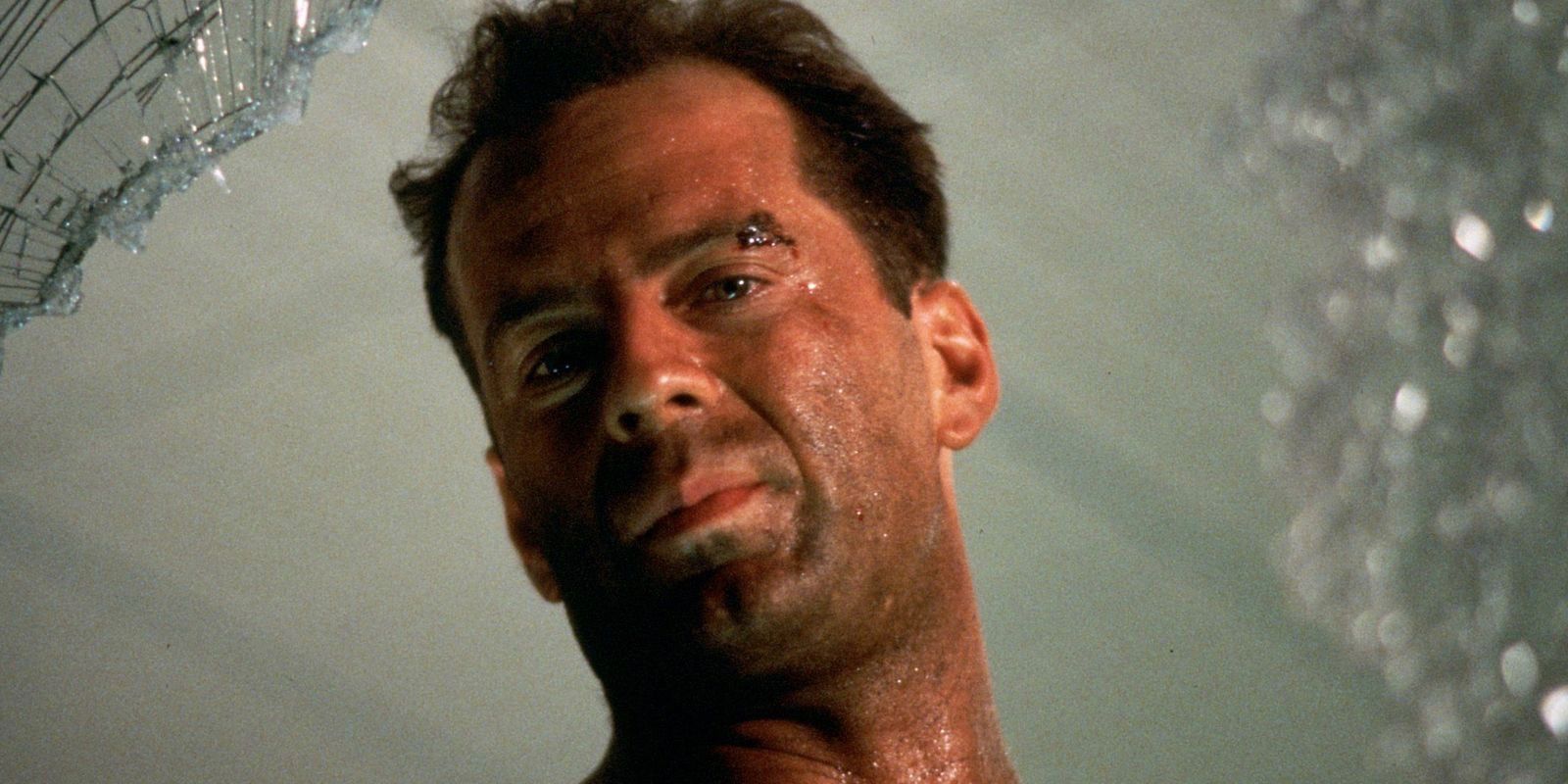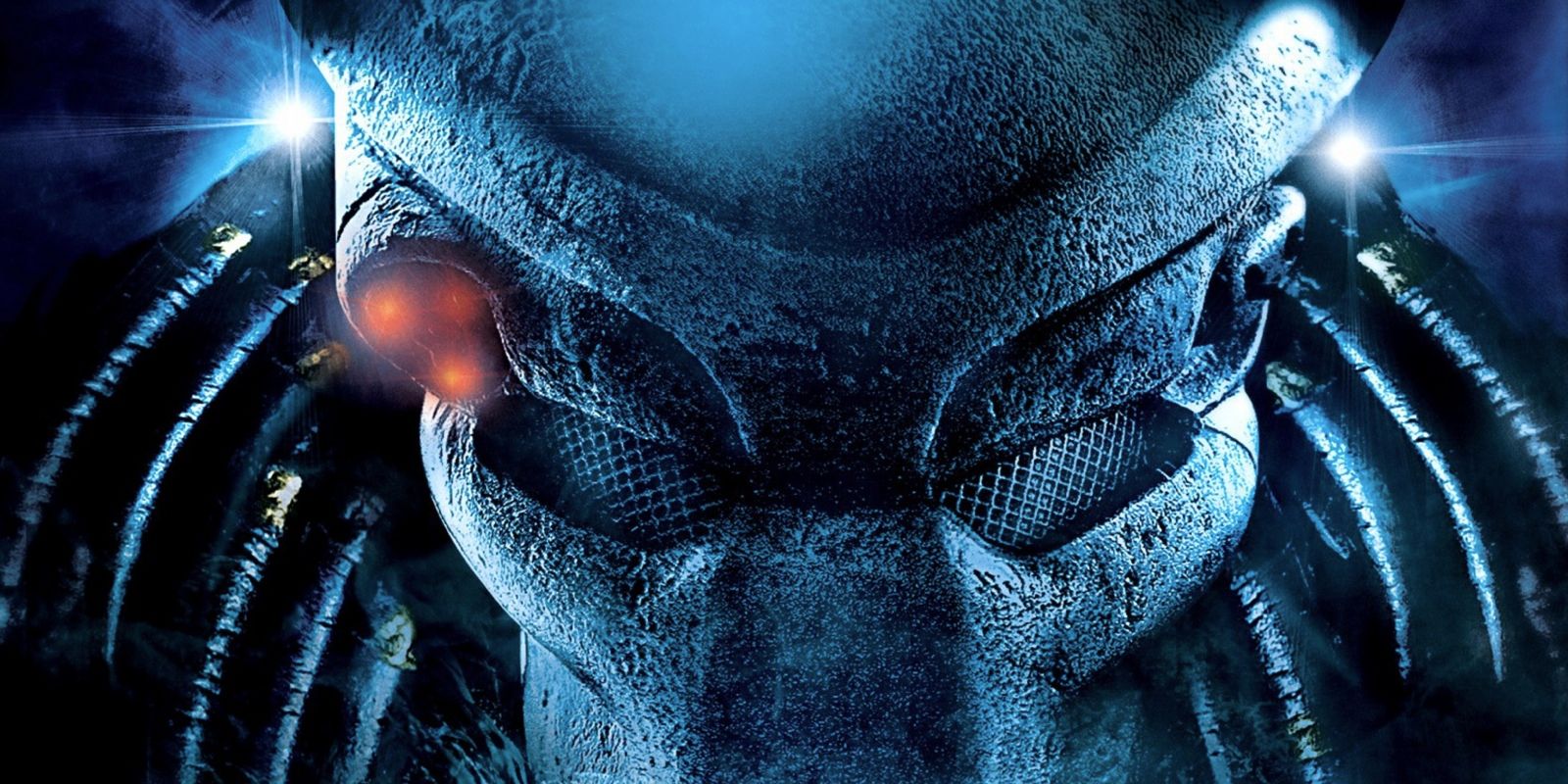
Predator, Beetlejuice, Die Hard - some of the most beloved movies from the eighties may soon change hands with regard to their copyrights, altering who can make reboots or sequels in the future. The studios that produced these films stand poised for a legal battle to retain their dominion over the properties. And if they lose, it'll change everything for the future of movie franchises as we know them.
As with many things in life, it all began with the music. The Copyright Act of 1976 opened a doorway for songwriters and musicians to regain the rights to songs licensed to record labels and other entities after a period of 35 years. This gave recording artists a chance to renegotiate the terms of their contracts, which were oftentimes unfair, having been drawn up when the artists were unknown and had little leverage. It took a while for the rest of the entertainment industry to catch up, but in 2003, Section 203 of the Copyright Act gave similar termination rights to authors. And the authors are beginning to use them.
According to THR, a barrage of legal proceedings by novelists and screenwriters looking to claw back their copyrights is taking Hollywood by storm. Among those looking to take advantage of their newfound rights is Gary K. Wolf, who wrote Who Censored Roger Rabbit, the mystery novel that Disney adapted into 1988's Who Framed Roger Rabbit. The estate of the late Roderick Thorp, whose book Nothing Lasts Forever was turned into Die Hard in 1988, is now taking measures to secure the rights from Fox. Michael McDowell, the writer of 1988's Beetlejuice, also has descendants measuring legal options against Warner Bros. And Gale Anne Hurd, the screenwriter behind 1984's The Terminator, is getting in on the action as well.

For those noticing a pattern in the timeline during which these movies were made, it's no coincidence. The primary stipulations of the Copyright Act require that the license to the work have been originally granted on or after January 1, 1978, and that 35 years have passed since publication under the grant. This places the films of the eighties squarely within the legal sights of authors wishing to invoke the Act. Another requirement of the regulations is that the author's product not have been written as a 'work for hire.' Victor Miller, screenwriter of Friday the 13th won a hard-earned victory in U.S. District Court last year, the judge proclaiming that although his work was commissioned by the film's producers, their lack of control over him as an employee meant it was no work-for-hire. Since then, authors have been following Miller's lead, and studios have been running scared over the potential loss of their intellectual property. This was actually the cause of the recent reboot of Pet Sematary, as a termination notice served by Stephen King could mean the imminent loss of Paramount's hold over that copyright.
So what does this mean for the future of movie franchises, and perhaps even TV series? That depends on whether the authors continue to prevail in court. The producers of Friday the 13th have already filed an appeal. Movie studios have deep pockets and teams of seasoned attorneys ready to bite and claw to keep their cash cows grazing in their own fields. It could take decades for the legal system to clarify whether these actions by writers are viable and profitable. But a series of legal wins for the little guys, especially if they make it to the top of the judicial chain, could give novelists and screenwriters power and leverage over the use of their works from that point on into the future. However, the most important question remains: Is this a good thing for fans? Well, it doesn't take a Supreme Court Judge to know that the best person to shepherd a franchise of stories into publication is likely the person who loves them the most. That person is most often the one who created them.
Source: THR
from ScreenRant - Feed https://ift.tt/2oBiX21

0 comments:
Post a Comment